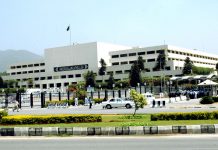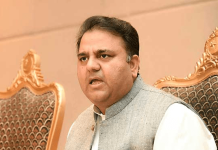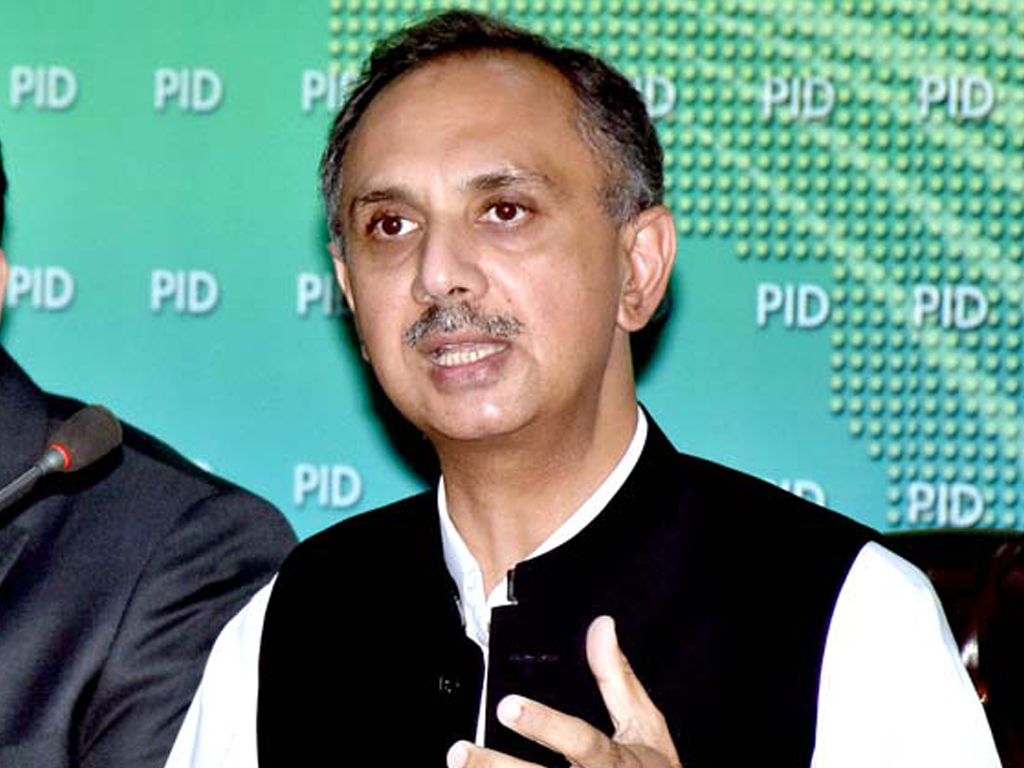Adviser to the Prime Minister on Finance and Revenue Shaukat Tarin Friday assured that the government will not increase taxes in the supplementary budget it planned to introduce in the National Assembly following an agreement with the International Monetary Fund (IMF) earlier this week.
However, certain exemptions wil
l be withdrawn, he said while talking to the media in Karachi.
When a reporter asked the adviser to comment on the mini-budget, Tarin remarked that it seemed the reporter wanted to create sensationalism. “Taxes will not increase. Certain exemptions wil
l be withdrawn. In March, the government had signed for [removal of] Rs700bn in exemptions and [imposition] of new taxes, after which it got $500 million,” he recalled. “When I came [as finance minister], I had said we will not allow an increase in taxes. We will not allow [the IMF] to impose more taxes on people who are already paying them.”
The adviser said his ministry had stood firm on its stance of not increasing taxes during negotiations with the IMF.
Tarin said the IMF questioned why Pakistan had distorted its tax system, adding that the Fund’s argument held substance.
“They say, ‘you have imposed 17 per cent sales tax on some [sectors],
zero on some and 10pc on some. Take your sales tax and give them targeted subsidies [instead]’.”
Talking about the fertiliser industry, the adviser said the government provided subsidised gas to companies as well as did not impose any tax. The combined subsidy provided to the fertiliser industry was
around Rs150 billion, he said, questioning: “Is this reaching our farmers?”
The government will use the Ehsaas database to provide direct subsidy to farmers instead, he said.
The adviser criticised people who were making speculations about the exchange rate. “First it was said that [rupee] was falling because the deal with IMF was not reached. The agreement happened […] The benchmark is the real effective exchange rate. It compares your currency to the currency of your competitors and says your exchange rate should be
around [the specific figure]. Experts say that according to the real effective exchange rate, the rupee should [be traded]
around 165 or 167 or 168,” he explained.
He refuted rumours that the rupee will be demoneti
sed, stressing that the government will not take any steps that will affect businesses’ confidence or create distortio
n in the market. “We are taking some steps because of which the rupee will go on the other side. They (speculators) will be badly defeated so don’t get into this kind of speculation. Rupee will move on both sides,” he said. “The real effective exchange rate should be close to 165, 166. Our money is undervalued by Rs10,” he said, adding that there were rumours that lockers would be seized, but no such thing will happen.
Tarin said that our problem is with the lower middle class because they are being exploited. “Our problem is not of poverty, but of inflation,” he said, adding that according to the World Bank, poverty in the country has decreased by 1%. Inflatio
n in the United States has reached 9% and the US has taken action on the price of oil, which is coming down, he said.













